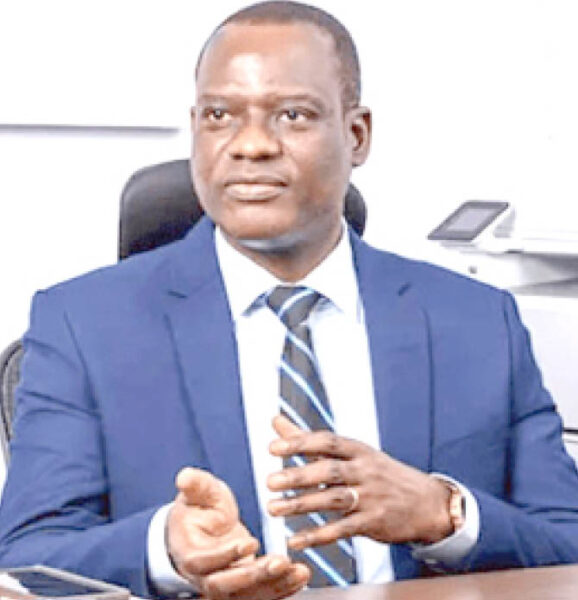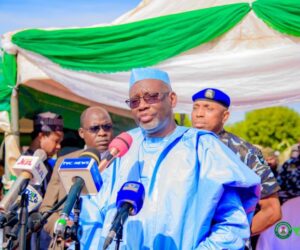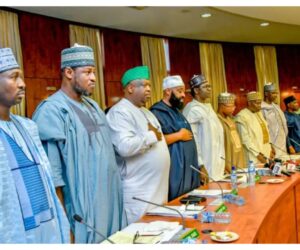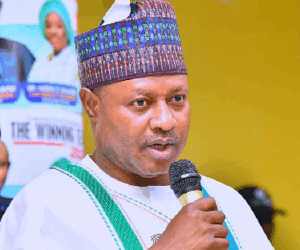The Federal Government has defended the 5 percent surcharge on fossil products, saying it is intended to provide steady funding for road projects and close the country’s infrastructure gaps.
According to Taiwo Oyedele, Chairman of the Presidential Committee on Fiscal Policy and Tax Reforms, the measure is being implemented at a higher rate in over 150 countries.
In a social media post he made after Daily Trust’s explainer on the policy which many Nigerians have kicked against, Oyedele said the surcharge is a mechanism to create a dedicated pool of funds for building and maintaining roads and related facilities across the country.
SPONSOR AD
He said road infrastructure has suffered from years of inadequate funding which has resulted in unsafe travel conditions, delays, higher logistics costs and increased vehicle maintenance burdens on citizens and businesses.
“This is not a new tax introduced by the current administration. It does not take effect automatically but will only commence when the Minister of Finance issues an order published in the Official Gazette as required under Chapter 7 of the Nigeria Tax Act, 2025. This safeguard ensures careful consideration of timing and economic conditions before implementation,” he stated in the post.
He added that the approach mirrors global practice, stating that more than 150 countries impose fuel related charges ranging between 20 and 80 percent to secure sustainable investment in road infrastructure, improve safety and reduce travel time and cost.
According to Oyedele, the provision has existed since the Federal Roads Maintenance Agency Amendment Act of 2007.
“Its inclusion in the newly passed Nigeria Tax Act, 2025, was done for harmonisation and transparency and to provide a clear legal basis whenever implementation becomes necessary.”
He explained that while savings from petrol subsidy removal can support road projects, they are not sufficient to meet Nigeria’s large and recurring infrastructure needs alongside other fiscal obligations.
A dedicated fund, he said, ensures reliability and predictability in financing so that roads are not left underfunded.
Responding to concerns that the measure contradicts the drive to reduce the tax burden on citizens and small businesses, Chairman of the committee pointed out that several charges have already been removed or suspended.
He listed such as value added tax on fuel, excise duty on telecommunications services and the cybersecurity levy, among others, as part of efforts to simplify the system and cut duplication.
He said the surcharge was moved out of the FERMA Act and integrated into the new tax framework to create a forward looking and coherent legal structure for sustainable road financing and for tackling related challenges such as climate impacts on transport infrastructure.
He also clarified the technicality in the law which states that a fossil fuel product becomes chargeable at the earliest occurrence of supply, sale or payment.
“In summary, the surcharge is not new, not immediate and selectively applied. Its restatement is about transparency, preparedness and sustainable funding for roads and other critical infrastructure, not about sudden implementation.”








